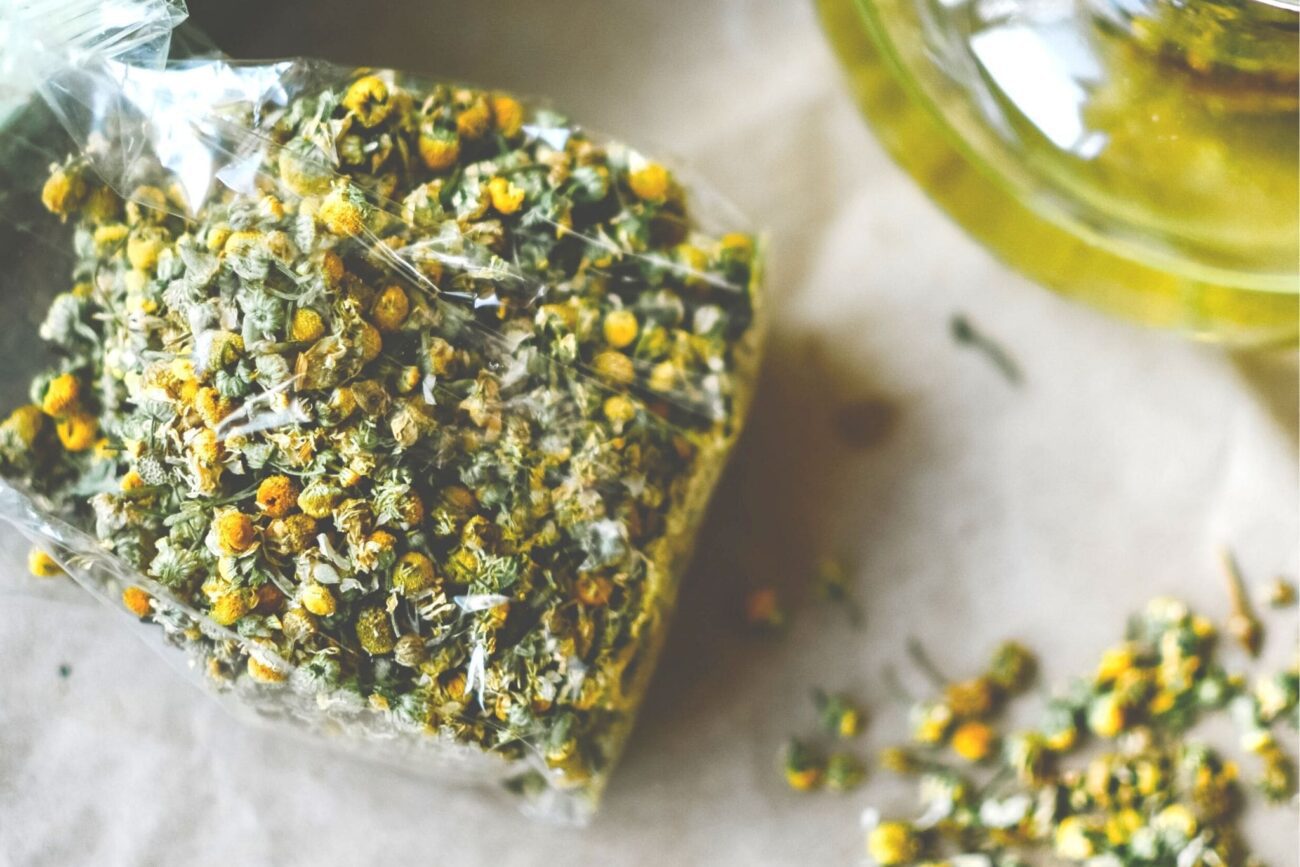If you’re a health enthusiast who enjoys a warm cup of tea, you may have wondered whether or not tea contains caffeine. Caffeine is a natural stimulant that is found in various beverages, including coffee and energy drinks. But what about tea? Read till the end to explore whether or not it contains caffeine.
First, it’s important to understand that tea comes from the leaves of the Camellia sinensis plant. This plant is native to East Asia and is the source of most traditional teas, such as green tea, black tea, oolong tea, and white tea. These types of tea all contain caffeine, although the amount can vary depending on factors such as the type of tea, the brewing time, and the water temperature.
CAFFEINE IN GREEN TEA

Green tea is known for its health benefits and is rich in antioxidants. It also contains caffeine, although in a lower amount compared to other types of tea. On average, a cup of green tea contains about 25-29 milligrams of caffeine. This is significantly less than a cup of coffee, which typically contains about 95 milligrams of caffeine.
CAFFEINE IN BLACK TEA

Moving on to black tea, which is known for its bold flavor and dark color. Black tea is more oxidized than green tea, which gives it a stronger taste. It also contains a higher amount of caffeine compared to green tea. On average, a cup of black tea contains about 47-70 milligrams of caffeine. Again, this is still less than a cup of coffee, but it is higher compared to green tea.
CAFFEINE IN OOLONG TEA
Oolong tea is a partially oxidized tea that falls between green tea and black tea in terms of caffeine content. On average, a cup of oolong tea contains about 37-55 milligrams of caffeine. This makes it a good option for those who want a balance between the milder caffeine content of green tea and the stronger caffeine content of black tea.
CAFFEINE IN WHITE TEA
We have white tea, which is the least processed of all the teas. White tea is known for its delicate flavor and subtle aroma. It also has the lowest caffeine content among the traditional teas. On average, a cup of white tea contains about 15-30 milligrams of caffeine. This makes it a great choice for those who are more sensitive to caffeine or prefer a milder option.
CAFFEINE IN HERBAL TEAS

It’s worth mentioning that herbal teas, such as chamomile tea or peppermint tea, do not come from the Camellia sinensis plant and therefore do not contain caffeine. These herbal teas are caffeine-free and can be enjoyed at any time of the day without worrying about the stimulating effects of caffeine.
CONCLUSION
In conclusion, tea does contain caffeine, although the amount can vary depending on the type of tea. Green tea has the lowest caffeine content, followed by oolong tea, black tea, and white tea. Herbal teas, on the other hand, are caffeine-free. So, if you’re a health enthusiast looking to enjoy a cup of tea without the stimulating effects of caffeine, herbal teas are a great option for you.
Remember, moderation is key when it comes to caffeine consumption. It’s important to listen to your body and be mindful of how much caffeine you’re consuming. If you’re sensitive to caffeine or have any health concerns, it’s always a good idea to consult with a healthcare professional.
So go ahead, brew yourself a cup of tea, and savor the flavors and benefits it has to offer. Whether you choose green tea, black tea, oolong tea, white tea, or a caffeine-free herbal tea, there’s a cup of tea out there to suit your taste and lifestyle.